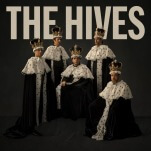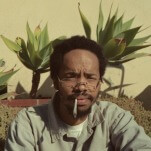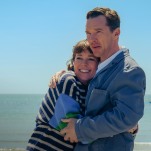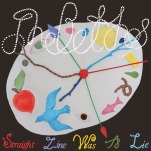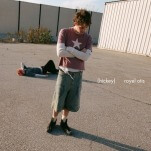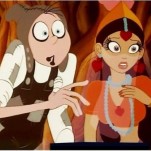Five Great Pieces of Advice from J.K. Rowling’s New Book Very Good Lives
Author Photo by Dan Hallman; Illustrations by Mary GrandPré J.K. Rowling’s new book, Very Good Lives: The Fringe Benefits of Failure and the Importance of Imagination, hits shelves tomorrow. Transcribed from Rowling’s Harvard commencement speech in 2008, the book offers life advice from the beloved Harry Potter author. But you don’t need a Harvard degree—or a degree at all—to take away some words of wisdom from Rowling’s address.
J.K. Rowling’s new book, Very Good Lives: The Fringe Benefits of Failure and the Importance of Imagination, hits shelves tomorrow. Transcribed from Rowling’s Harvard commencement speech in 2008, the book offers life advice from the beloved Harry Potter author. But you don’t need a Harvard degree—or a degree at all—to take away some words of wisdom from Rowling’s address.
Check out five of our favorite pieces of advice below.
![]()
1. Don’t Romanticize Poverty
Poverty is something that’s present throughout Rowling’s Harry Potter world, whether it’s young Harry’s pre-Hogwarts living conditions or the struggles of keeping the Weasley family clothed and fed under one roof. And while poverty is something that Rowling admits shaped her at an early age, it’s something that young artists, creative types and professionals can’t rely on romantically. “Climbing out of poverty by your own efforts—that is something on which to pride yourself, but poverty itself is romanticized only by fools,” Rowling says.
![]()

2. Compromising in Your Pursuits Will Make No One Happy
Rowling details her own pre-graduate degree troubles throughout the speech. When deciding on a college major, her own working class parents were, understandably, hesitant when the bestselling author wanted to study literature and the Classics. However, their compromised option—modern languages—left both feeling cold and uninspired. “They hoped that I would take a vocational degree; I wanted to study English Literature,” Rowling says. “A compromise was reached that in retrospect satisfied nobody, and I went up to study Modern Languages. Hardly had my parents’ car rounded the corner at the end of the road than I ditched German and scuttled off down the Classics corridor.”
![]()
-

-

-

-

-

-

-

-

-

-

-

-

-

-

-

-

-

-

-

-

-

-

-

-

-

-

-

-

-

-

-

-

-

-

-

-

-

-

-

-












